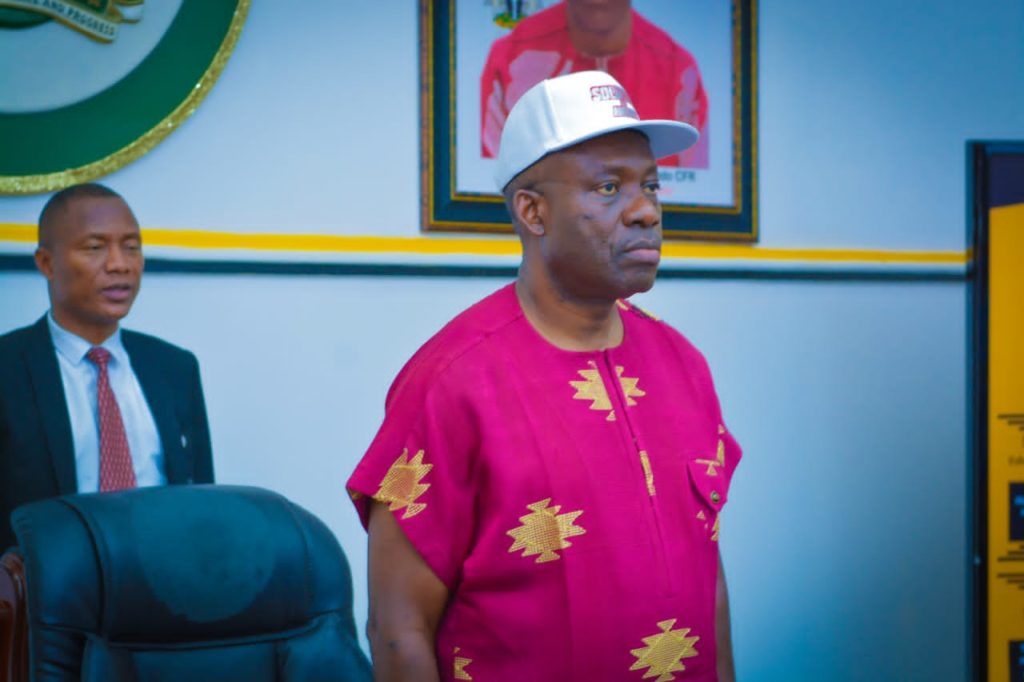Driving state finances through internally-generated revenue: Soludo’s prescription

During his inauguration as the fifth democratically-elected Governor of Anambra
State, on March 17, 2022, Prof. Charles Soludo made some promises toward developing the state.
One of the promises is that many unproductive systems will give way.
“As a new social order and everything-technology philosophy take life, many unproductive systems will give way.
“There will be new and better ways of managing our parks and markets, different and better ways of collecting government revenues, managing waste and general service delivery to citizens,’’ he had said.
Few months into his administration, the promise is becoming a reality.
Shortly after his election, Soludo had warned against granting new revenue windows and renewing existing ones.
The professor of economics and former Governor of the Central Bank of Nigeria demanded that all revenue agreements would terminate upon his assumption of office.
Soludo consequently suspended all kinds of toll and levy collections in the state pending creation of a new Internally Generated Revenue (IGR) collection model by his administration.
He described his proposed reforms as a ‘disruptive change’, and appealed to Anambra people to cooperate and tolerate inconveniences that might be associated with the change which, he said, would be for the general good of the residents.
According to Soludo, federal allocations can no longer fund the development demands of Anambra.
He said that IGR would be the major driver of state’s finances, adding that his administration would maximise its collection, block leakages, expand tax base and tackle evasion.
Analysts are of the view that revenue collection in the state had been uncoordinated and managed largely by revenue contractors who engaged `touts’ in the collection and remitted pittance to the government.
In fulfillment of his promise, Solodo’s administration has begun reforms in the road transport sub-sector of the economy with the introduction of biometric enumeration and registration of operators of commercial vehicles.
The Anambra State Internal Revenue Service (AIRS), in collaboration with the Anambra State Ministry of Transport, has captured various categories of transporters including wheelbarrows pushers, tricycle riders, shuttle and mini bus operators, and mini/semi-trucks, tippers, lorries and heavy duty truck operators.






